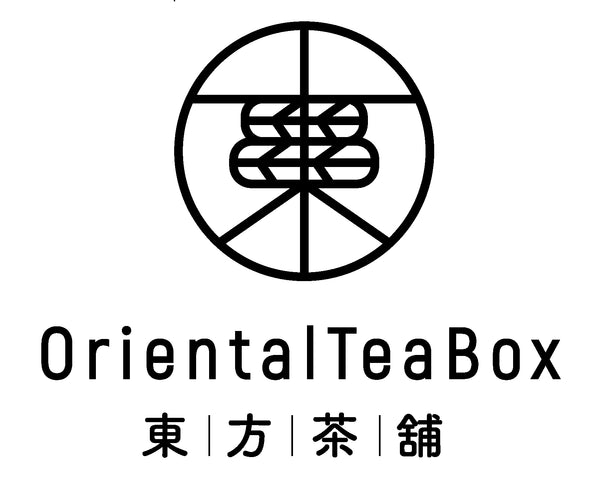Shoji Hamada (濱田庄司), Japanese, 1894-1978
Unit price per
only 1 left in stock
An Iron-Painted Henko Vase
Taisho Era (1912-1926) or Showa Era (1926-1989)
About the work
This charming Ryukyu Kiln Henko vase by Shoji Hamada exudes a sense of traditional warmth with its delightful color palette and lovely floral motif. The distinctive iron painting (鉄絵) showcases a unique craftsmanship that makes this piece not only a beautiful addition to any collection but also a tribute to Hamada's dedication to the Mingei (folk craft) movement. The gentle, natural tones and the expertly painted floral decorations are characteristic of Hamada's celebrated style, embodying the balance of functional and aesthetic value that he championed.
This vase comes with its tomobako (signed wooden storage box), further adding to its authenticity and collectible value.
Dimensions
12.7cm(w) x 17.5 cm(h) x 7.5cm(d)
Footnote
Shoji Hamada was a leading figure in the Mingei folk craft movement, which sought to preserve traditional craft techniques and elevate their status as high art. Born in 1894, Hamada studied under Itaya Hazan at the Tokyo Institute of Technology and learned kiln techniques at the Kyoto Ceramic Research Institute. He was a lifelong friend of Kanjiro Kawai and collaborated with Bernard Leach, with whom he worked in both Japan and England. Hamada's dedication to ceramics earned him the designation of Living National Treasure in 1955, and he received the Order of Culture in 1968, cementing his legacy as one of Japan's most revered ceramists









